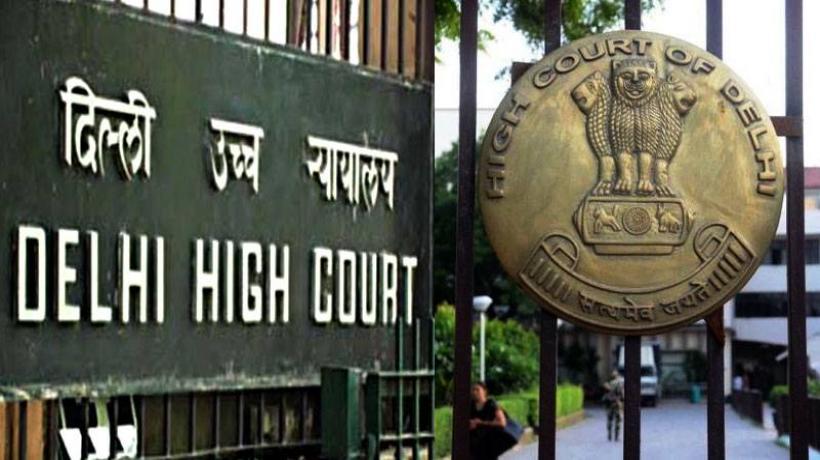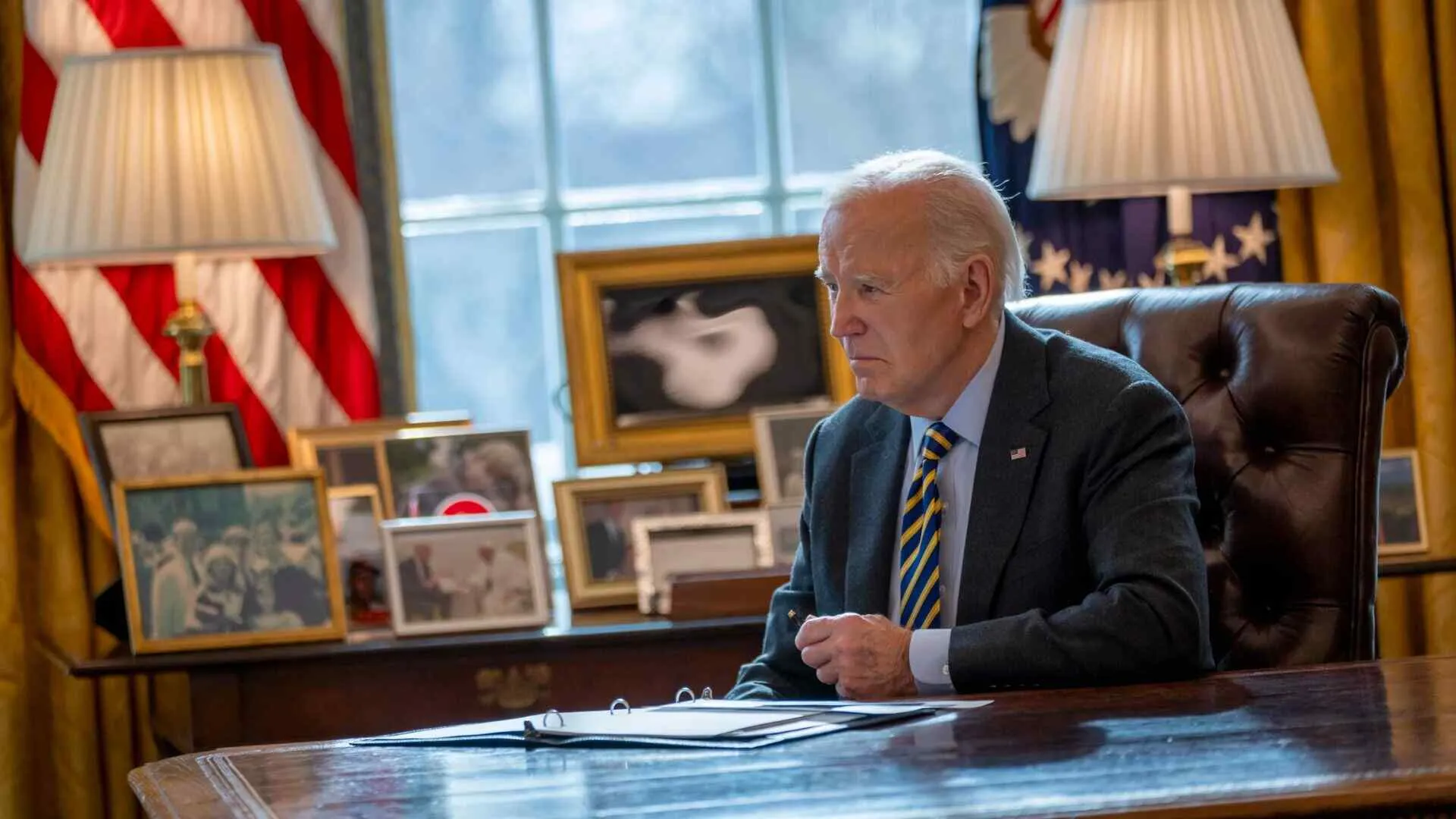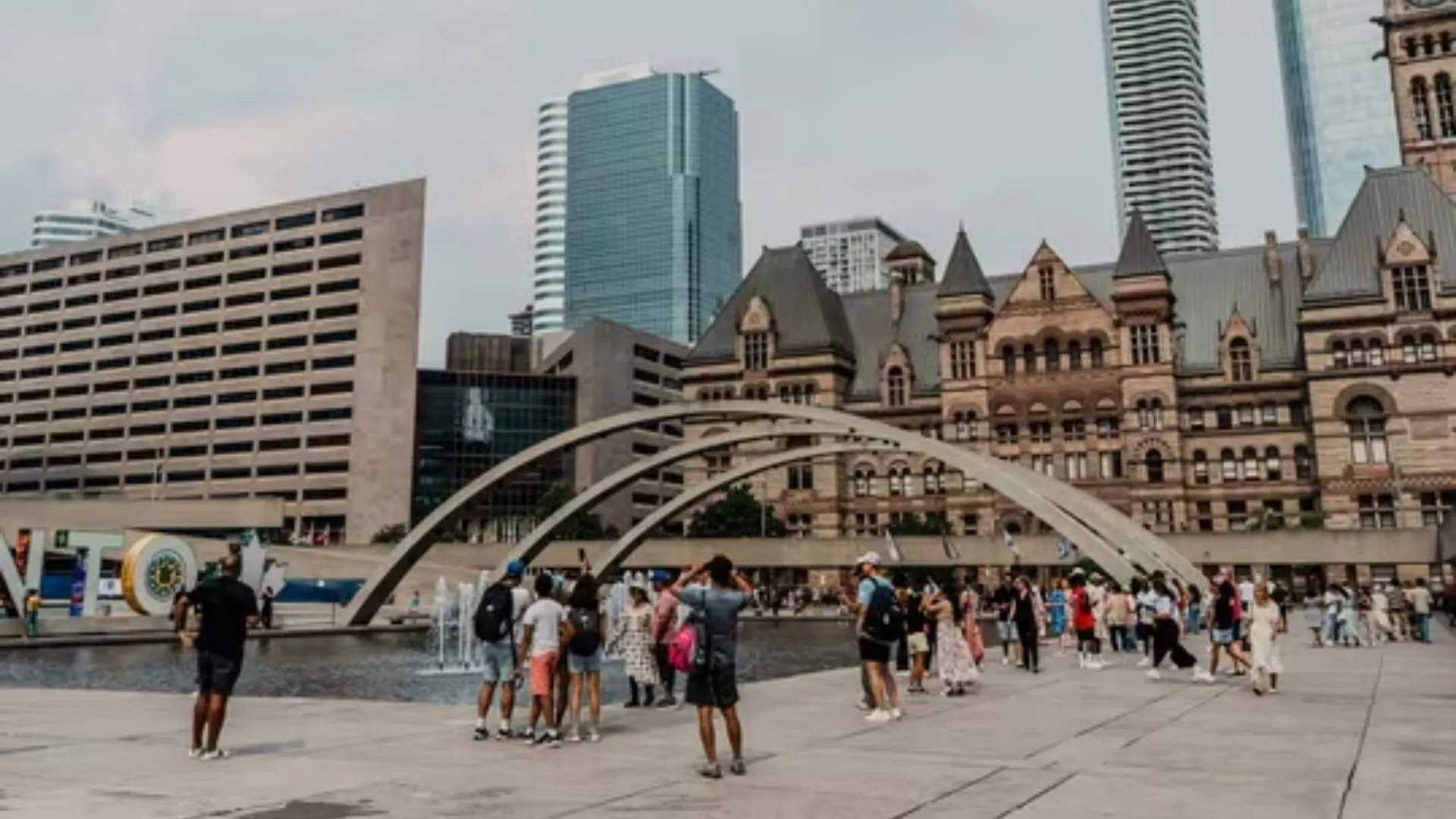The Delhi High Court in the case Triveni Enterprises Limited Versus ITO observed and has upheld the constitutional validity of Section 115BBE of the Income Tax Act. The bench comprising of Acting Chief Justice Manmohan and Justice Mini Pushkarna in the case observed that the Statutory Acts and the provisions of them are not to be declared unconstitutional on the fanciful theory that power would be exercised in an unrealistic fashion or in a vacuum or on the ground that there is an apprehension of misuse of Statutory Provision or the possibility of abuse of power. Thus, it must be presumed that unless the contrary is proved, that the administration and application of a particular law would be done ‘not with an evil eye and an unequal hand.’ In the present case, the assessee or petitioner has challenged the orders passed under Section 148A(d) of the Income Tax Act, 1961, for the assessment years 2015–2016, 2016–2017, and 2017–2018.
The petitioner in the plea challenged the constitutional validity of Section 115BBE.
It has been contended by the assessee before the court that the reassessment notices were issued after three years from the end of the assessment years and that they too could have been issued after obtaining the sanction from the Principal Chief Commissioner of Income Tax and not from the Principal Commissioner of Income Tax. On the other hand, the department contended before the court that after passing the order under Section 148A(d), final assessment orders had been passed. Thus, the issue of limitation, being a mixed question of fact and law in the batch of matters, should be raised before the Appellate Authorities. The court in the case stated that Section 115BBE cannot be held unconstitutional on the ground that there is an apprehension of misuse of the provision.
The court while considering the facts and circumstances of the case observed and has held that the Income Tax Act provides complete machinery for the assessment or reassessment of tax, and the assessee is not permitted to abandon that machinery to invoke the jurisdiction of the High Court as stated under Article 226 of the Constitution of India.
The counsel, Advocate Nishit Gandhi appeared for the Petitioner. The counsel, Advocate Aseem Chawla represented the respondent.

















